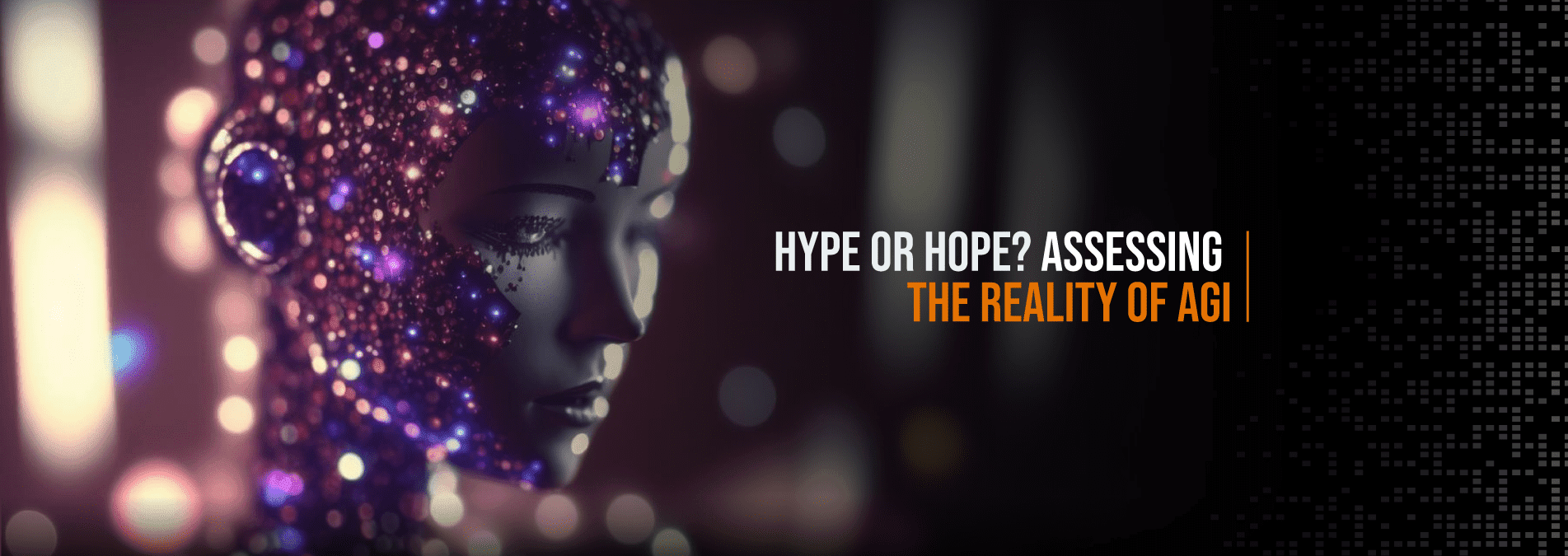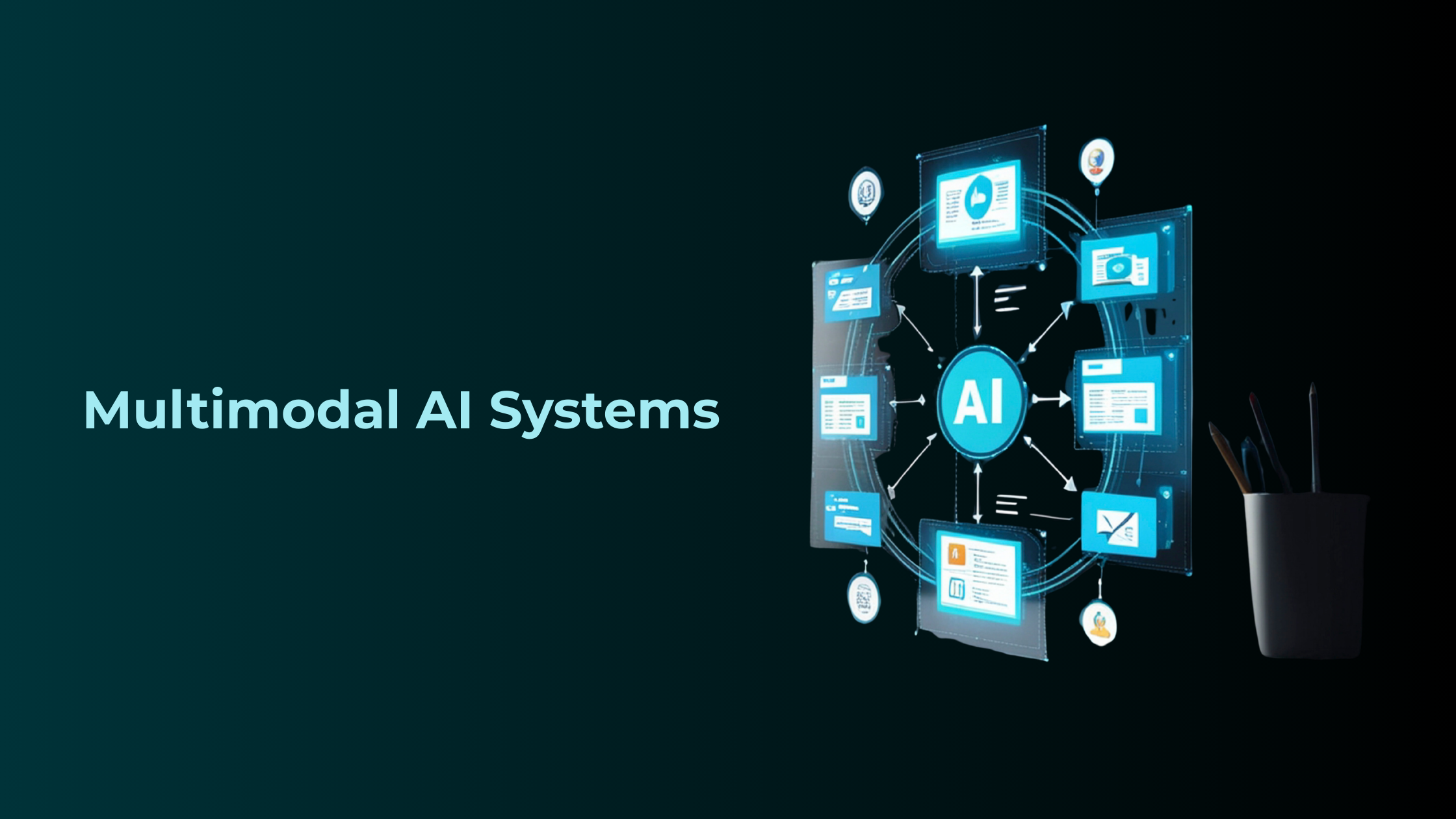Artificial General Intelligence (AGI) has been a topic of much debate and speculation, with some hailing it as the next revolution in technology and others raising serious concerns about the implications of advanced AI. But what is the reality of AGI? Is the future of AGI more hype than hope? In this blog post, we’ll take a closer look at the current state of AGI to determine how much of the excitement is backed up by evidence.
Defining AGI
AGI stands for Artificial General Intelligence, which is a hypothetical type of artificial intelligence that would have the capacity to learn and perform tasks as well as a human being. AGI would be able to apply knowledge to new and unfamiliar situations, reason and solve problems, and even understand human emotions and behaviors. Essentially, it would be a super intelligent machine that would surpass the current capabilities of AI.
The development of AGI has been a long-standing goal in the field of artificial intelligence, and many researchers and developers believe that AGI would be the next major breakthrough in AI development. However, creating an AGI is no easy task and requires significant advancements in computing power, machine learning, and data analysis.
Despite the challenges, AGI development has garnered significant interest and investment in recent years. While the promise of AGI is vast, there are also concerns regarding the ethical implications of creating super intelligent machines. As AGI could potentially become smarter than humans, some experts warn of the potential consequences and emphasize the importance of considering the Ethics of AGI development.
In the next sections, we will explore the potential of AGI, as well as the limitations and the realities of this emerging technology.
The promise of AGI
Artificial General Intelligence (AGI) holds immense promise in revolutionizing industries, tackling complex problems, and pushing the limits of human progress. Developing an AI that can reason, understand natural language, learn, and adapt like a human being is a lofty goal, but it promises immense benefits. From improving medical diagnosis and treatment to developing autonomous systems that can perform tasks better than humans, AGI has the potential to transform society as we know it.
But as we look to the future of AGI, we must also consider the ethics of AGI. As AGI develops, it becomes more important to ensure that the development is not solely driven by profit or political interests but that it benefits humanity as a whole. Additionally, AGI can have significant implications on society, such as job displacement and privacy concerns, which need to be addressed.
Despite the potential benefits and ethical concerns surrounding AGI, it is essential to acknowledge that developing AI capable of true general intelligence is a long-term goal and one that is currently far from being realized. While progress has been made, there are significant limitations and obstacles that must be overcome. The reality of AGI may not be as immediate or groundbreaking as some suggest, but that does not mean that the promise of AGI should be ignored.
The hype surrounding AGI
There’s no doubt that the promise of AGI has sparked a great deal of hype. Some see AGI as a panacea, a solution to all our problems. They envision an AI system that can solve complex problems, optimize our lives, and even predict the future. However, this view is overly optimistic.
Developing an AI system that is truly “intelligent” requires solving a whole host of challenges, including programming a system that can think, learn, and reason in the same way that humans do. This is a monumental task, and one that will require enormous resources, both in terms of computational power and data.
In addition to these technical challenges, there are also significant ethical considerations to take into account. The development of AGI raises fundamental questions about the nature of consciousness, the rights of intelligent machines, and the relationship between humans and machines. The ethics of AGI are still largely unexplored, and will require careful consideration and reflection.
Given these challenges, it’s important to approach the hype surrounding AGI with a healthy dose of skepticism. While there’s no doubt that AGI has enormous potential, it’s important to remain grounded in reality, and to recognize the limitations of what’s currently possible. Only then can we begin to make real progress towards creating an AI system that is truly intelligent and capable of changing the world for the better.
The limitations of AGI
While the potential of AGI is exciting, it’s important to acknowledge the limitations of developing an AI that can truly replicate human intelligence. One of the major challenges is the ethics of AGI, including questions around its potential impact on employment and privacy. Additionally, the complexity of human cognition presents a significant obstacle to achieving AGI. Humans possess a wide range of cognitive abilities that have evolved over millions of years, and replicating this in AI is no small feat. There’s also the challenge of ensuring that AGI is aligned with human values, a challenge that will require ongoing development and careful consideration. While AGI offers tremendous potential for innovation and progress, we must be mindful of the limitations and work diligently to ensure that its development is guided by a responsible approach to its implications.
Assessing the reality of AGI

While the concept of AGI has been around for decades, there is still much debate about its potential reality. Some experts believe that it is inevitable, while others argue that we may never achieve true AGI.

One of the main challenges of developing an AI with true human-like intelligence is that we still do not fully understand the workings of the human brain. Even with advances in technology, it is difficult to replicate the complexity and flexibility of the human mind.
Another factor to consider is the ethics of AGI. If we do achieve true AGI, there are many questions that will need to be addressed, such as what rights and responsibilities will an AI have? What are the potential risks and benefits of having AI with such advanced capabilities? These are important questions that must be carefully considered as we move forward in developing AGI.
Potential implications of AGI
The potential implications of AGI are vast and complex, with both positive and negative consequences. On the positive side, AGI has the potential to solve some of the world’s biggest problems, such as disease, poverty, and climate change. Developing an AI that is capable of reasoning, learning, and making decisions could lead to groundbreaking scientific breakthroughs and innovative solutions to longstanding challenges.
On the other hand, the ethics of AGI must be carefully considered. As AI becomes increasingly sophisticated, there are concerns about job displacement, data privacy, and the possibility of AI systems becoming too powerful. There are also ethical considerations surrounding the use of AGI in military and security applications.
In order to mitigate potential negative outcomes, it is essential that we prioritize research into the ethical implications of AGI. This includes developing regulations and guidelines for the development and deployment of AI systems. It also means promoting transparency and accountability in the development of AI, and ensuring that ethical considerations are embedded in all stages of AI development.
Overall, while AGI presents exciting possibilities for the future, it is important that we approach its development with caution and a focus on ethics. By doing so, we can work towards creating a future in which AGI is a force for good.
Visit Internet Soft for the latest tech trends and insights around AI, ML, Blockchain, along with NeoBanking and timely updates from industry professionals!
Need assistance or have questions? Reach out us at Sales@internetsoft.com.







